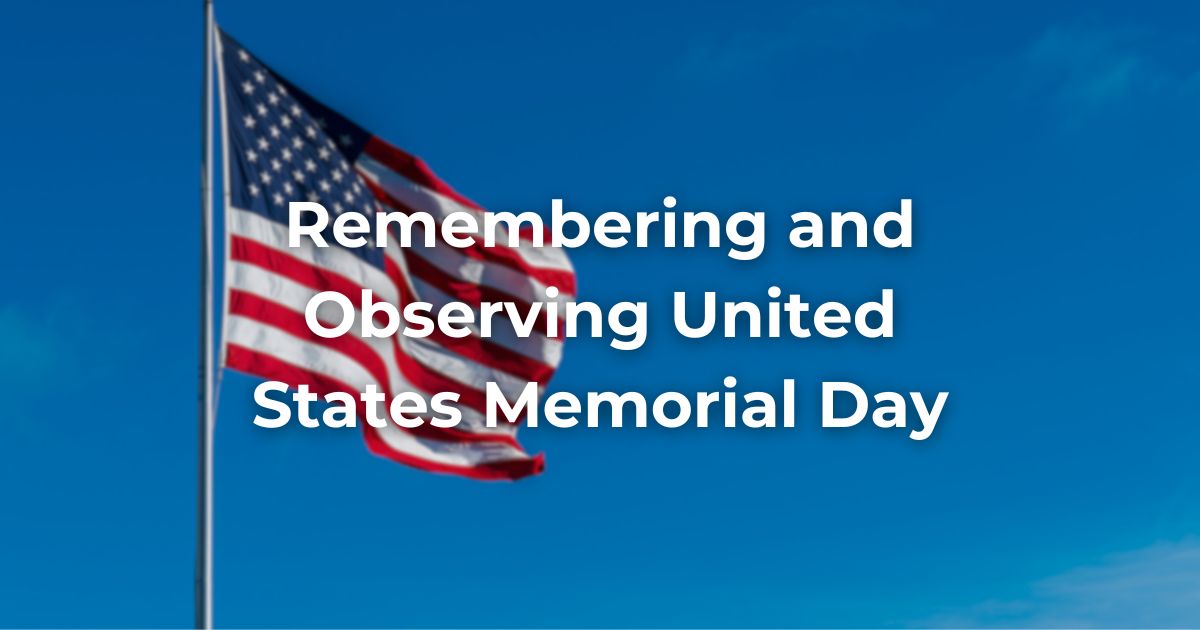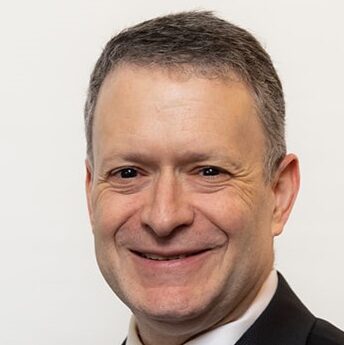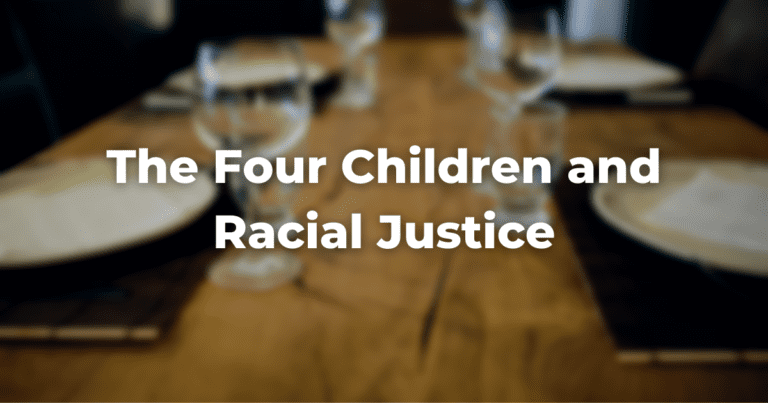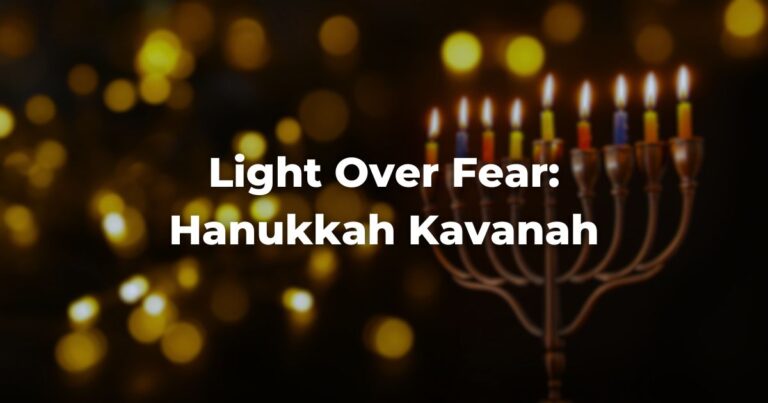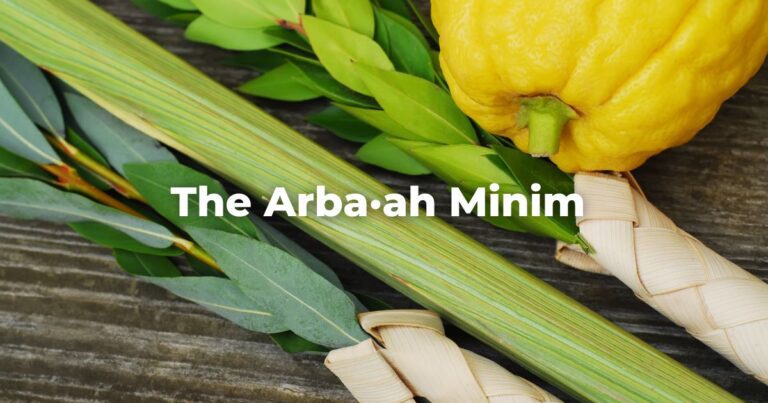The importance of U.S. Memorial Day commemorations for me comes from playing “army” as a kid, seeing my father’s memorabilia from his year stationed in Korea in 1962, and now my many years serving in the Army National Guard Chaplain Corps.
The last Monday in May is much more than summer BBQs and sales. For almost 250 years, Americans were killed in combat or training so we could live in peace and freedom.
In the TalmudReferring to one of two collections, the Jerusalem and Babylonian Talmuds, edited in the 6th century, that contains hundreds of years of commentary, discussion, and exploration of the ideas in the Mishnah. One could describe it as Mishnah + Gemara = Talmud Read more, we learn that God gave us the commandment of Shabbat by uttering two words at the same time. On Shevuot 20b teaches:
“It is that both were spoken in a single utterance at the giving of the TorahRefers to the first five books of the Hebrew Bible, the Tanakh, also called the Five Books of Moses, Pentateuch or the Hebrew equivalent, Humash. This is also called the Written Torah. The term may also refer to teachings that expound on Jewish tradition. Read more, like that which is taught in a baraita: ‘Remember the Sabbath day, to keep it holy’ (Exodus 20:8) and: ‘Observe the Sabbath day, to keep it holy’ (Deuteronomy 5:12), were spoken in one utterance, in a manner that the human mouth cannot say and that the human ear cannot hear.”
This obligation to remember and observe Shabbat informs my understanding of Memorial Day as well. We commemorate Memorial Day to remember and observe.
Throughout my work as a congregational rabbi and now in my Army chaplaincy work, I have met people who served in our military—some by choice, many by draft—in defense of our country during World War II and the wars in Korea and Vietnam. Each tells their own story of their experiences when they landed at Normandy, or served in the South Pacific, Iraq, and Afghanistan. Their stories have changed me.
Our obligation is to remember those who sacrificed their lives so we can live in freedom and peace, and we observe this day in their honor.
Revolutionary War-Era Soldiers
A few years ago, I attended the rededication of several Revolutionary War-era graves along the canal path near my home in Bucks County, Pennsylvania. The rededication, created by a group of volunteers, ensures the area will remain well preserved. By preserving their graves, people will know these men sacrificed their lives for our country.
During the rededication, soldiers and leaders were invited from the same unit to participate in the event. Imagine: Almost 250 years later, Americans are still serving in the same unit as those lone soldiers did in 1776. Despite the centuries, the military remembers the heroic actions of its soldiers, inspiring those currently serving to take bold actions in protecting our nation—present soldiers are motivated through the knowledge of their past colleagues.
Gathering Together, Even in the Middle of the Sea
Many years ago, my congregant, Henry Cohen z”l, took every opportunity to tell me his story of being a soldier on a transport ship in the mid-40s. Like many soldiers who traveled by ship during World War II, Henry was sent to fight in the Pacific. Despite the fact that Friday night services were not conducted in a chapel aboard ship, he gathered the other Jews each Friday night between the army tanks on deck to celebrate Shabbat.
He would take out his Siddur—the Jewish Welfare Board prayer book—and would help lead the service. To him and to many, these moments of gathering were special; they reminded themselves of their faith, the special connection to home, and their bond with the Jewish community, even when they were so far from family and friends at home.
Thankfully, he returned alive to remind us of this wisdom. Not all of his fellow service members returned home to their families.
We remember them always.
We Remember Those Killed in Afghanistan
While a Chaplain for the Pennsylvania Army National Guard, we dedicated a monument for three soldiers who were killed in Afghanistan in 2011. Staff Sgt. Kenneth VanGiesen, Staff Sgt. Brian Mowery, and Sgt. Edward Koehler III were truck drivers in the same company. Unfortunately, they were killed when an improvised explosive device detonated under their truck.
During the ceremony, their friends and family shared stories about their deployment and who these men were. They shared what these soldiers liked to do in their off-duty time, their ability to keep others engaged, and their professionalism even during difficult moments.
Their memories live on in us, as told by their family, friends, and the Army National Guard.
Why Observe Memorial Day?
The first proponent of Memorial Day was Mary Ann Williams, born in Georgia in 1821 and her father was an Army officer who returned from the Mexican-American War in 1847. Mary Ann joined the Soldiers Aid Society and supported local soldiers during the war effort. The same aid society reorganized after the Civil War as a Ladies Memorial Association.
Mary Ann wrote to other women and then to newspapers encouraging people to decorate the graves of soldiers who were killed by “strewing the graves of Civil War soldiers—Union and Confederate” with flowers. She spread flowers on both Union and Confederate graves with the hope that she could bring healing to families and to a nation rocked by war and strife.
The first observance of a day to remember those lost in combat, first known as Decoration Day, occurred on May 30, 1868. By 1890, every Union state had adopted the holiday until it was standardized by Congress as Memorial Day after WWII.
In 1971, they changed the date to the last Monday in May. While we have other days like Armed Forces Day and Veterans Day to celebrate members of the U.S. Military, Memorial Day is a special time to remember those who lost their lives protecting our freedoms.
But memory is not enough
We remember them by attending Memorial Day ceremonies and by visiting monuments in memory of the many soldiers who have lost their lives. In the same breath, we are obligated to observe Memorial Day by doing something in their memory.
We can fulfill this ritually by hanging a flag on those special days, making a tzedakah (charitable) contribution to Veteran Organizations, or perhaps making a donation to organizations like the Jewish Welfare Board, an organization charged with caring for our Jewish soldiers currently serving in the military.
We can be like Mary Ann Williams, who reminds us that no matter our background or our place of origin, soldiers serve together to uphold the values of our country for all Americans, and we honor their sacrifice.
May the memories of those who have fallen to protect our country be a blessing to their families, to their communities, and to the United States.
Author
-

Rabbi Aaron Gaber is the spiritual leader of Congregation Brothers of Israel in Newtown, PA. He was ordained by the Jewish Theological Seminary. Many local organizations have recognized Rabbi Gaber for his communal work, including JTS granting an honorary Doctor of Divinity for his long service to the Jewish people. This summer, Rabbi Gaber will deploy with the Army National Guard as a Chaplain for a year-long overseas deployment. He is married to Sharon Bromberg and they have four children and one grandchild.
View all posts

